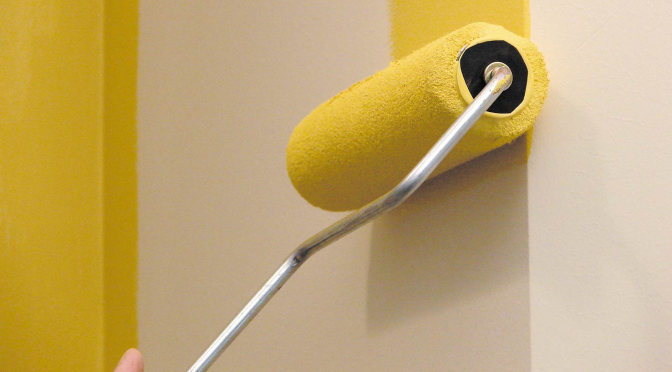Answers to paint pros’ most pressing questions by Rick Watson, Ask Your ProPartner™ columnist for PPC magazine. This time: Rick takes a look back at some of the most common problems for pro painters.
Over my long career in the painting industry, I have often been asked to identify the worst painting mistakes a pro can make. Here are five that top my list:
1. Applying oil over latex paint
Never use oil paints on a surface previously painted with latex. Oil-based paints tend to get brittle as they age. Latex paints are typically soft and flexible. The movement of the latex underneath can cause premature failure of the oil topcoat. Cracking is the most common.
2. Skimping on surface prep
Never skimp on surface prep. Eighty- plus percent of most complaints are due to poor or lack of surface prep. Paints are made to go over clean, dry, dull and sound substrates.
3. Not using primers when needed
Primers are not always needed, but it is important to not skip this step when a primer is specified. Primers in most cases promote adhesion, or block stains, fill porous surfaces like concrete block, or resist alkali and efflorescence … and on and on.
4. Using the wrong application tools
OK, so you bought the most expensive paint, but you are going to use the dollar-special roller cover to put it on. Bad idea. Cheap covers or brushes will cause top quality finishes to not hide as well. They show tracking, fuzz, streaks and brush marks. Match high-quality finishes with quality tools. Using the recommended brush and roller from the manufacturer will give you the ideal finish. You will see a difference.
5. Over applying the product
Over brushing or rolling in most cases will cause poor hiding or stippling of the finish. Over applying the product can also cause severe stippling, dry time issues and even cracking of the paint film.
This article was originally published in the Winter 2021 issue of PPC magazine. Rick Watson was director of Product Information and Technical Services at Sherwin-Williams. He answered reader questions about products, application and paint technology in the Ask Your ProPartner™ column in PPC magazine until he retired in December 2021.

